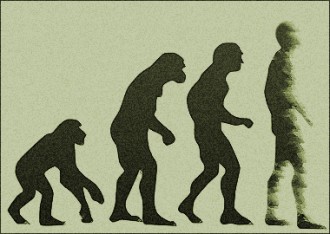
Does Religion Drive Evolution? And Other Questions from the Cutting Edge of Biohistory
New theories hold that aspects of human culture—religion, art, and economy—have an impact on our evolution as a species. And we’re changing fast.
Read More
New theories hold that aspects of human culture—religion, art, and economy—have an impact on our evolution as a species. And we’re changing fast.
Read More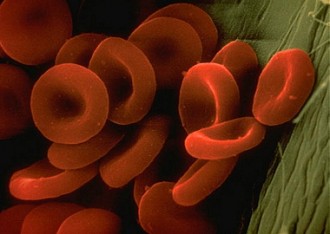
You have to look long and hard in the public-square discussion today to find bilateral calls for complementarity and partnership. Yet why should the relations between evolution and creation constitute a zero-sum game?
Read MoreA new campaign aims to change attitudes around mental illness.
Read More
Science tells us that our minds, our consciousness, our very selves, reside in our physical brains. But what if this model, relying as it does on a seventeenth century understanding of mind and matter, is outdated? Philosopher Alva Noë proposes a revolutionary alternative.
Read More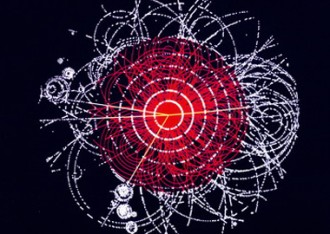
Two eminent physicists have hypothesized that the Higgs boson might be hated by God to such an extent that if one occurred it would go back in time and stop itself from being made.
Read More
Once again Comedy Central is the forum for calm, reasoned debate.
Read More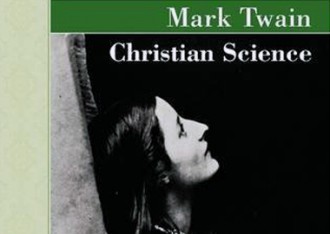
Barbara Ehrenreich’s new book on the dangers of Positive Thinking recalls Mark Twain’s obsession with the 19th century’s most famous mind-over-matter exponent: Christian Science founder Mary Baker Eddy. Are critics just jealous?
Read More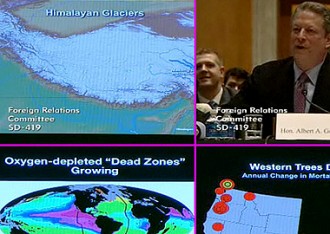
Having abandoned its roots in art, the dehumanization of the world, and the metaphysical, environmentalism has made common cause with its natural enemies and arrived at a place where its holy grail is reducing carbon dioxide to 350 parts per million.
Read More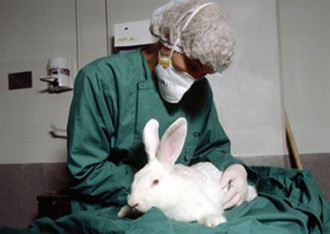
A disturbing story emerged this week of a scientist leaving his research out of fear for his and his family’s lives. What are our responsibilities in this area and what do our traditions have to say about it?
Read MoreSaying that science is “just another linguistic system” plays well in humanities departments and at certain Ivy League divinity schools. But it makes about as much contact with real science as astrology does.
Read More